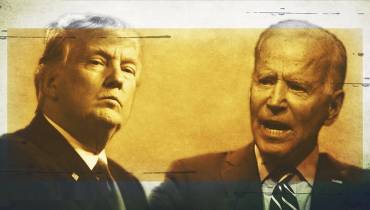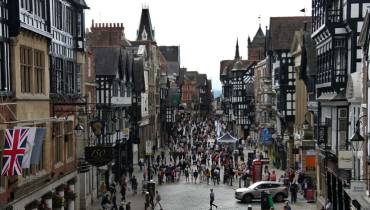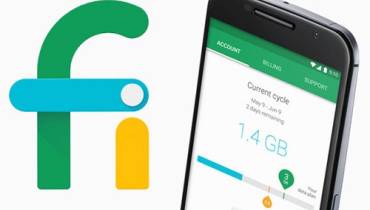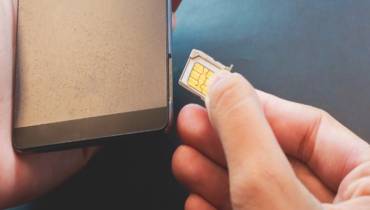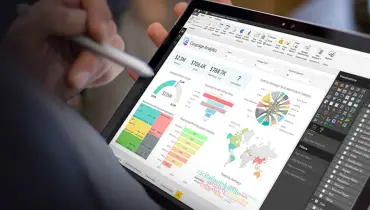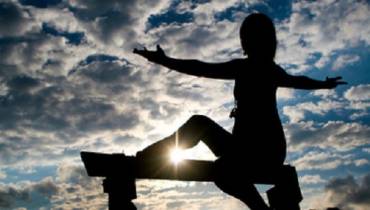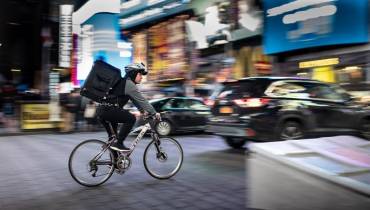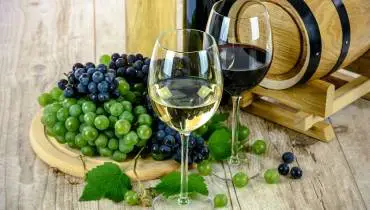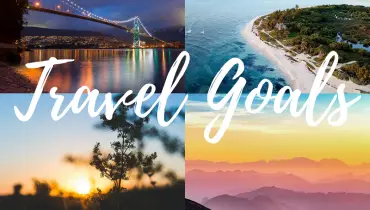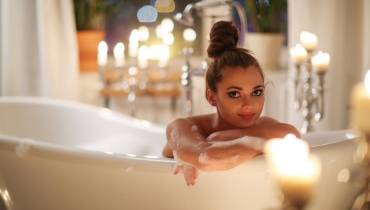Why 'Write Drunk, Edit Sober' Is Terrible Advice for Writers
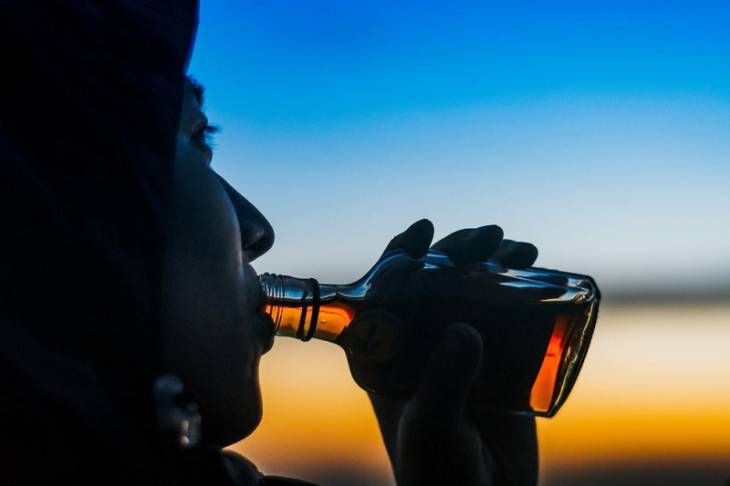
Drinking is bad. Period.
Alcohol is a depressant that can cause problems to seem even worse than they actually are, making you feel more sad and depressed than before you had a drink.
Ernest Hemingway never wrote drunk; despite the quote being misattributed to him, there’s no proof that he ever said, “Write drunk, edit sober.” And if he did say that, he most certainly didn’t practice what he preached.
According to his granddaughter, Hemingway never wrote while under the influence. She said it in an interview that even though he was fond of drinking, Hemingway refrained from indulging while writing.
So, why do people still go on believing this quote?
Well, perhaps it’s the misperception of addiction and living life on the edge as if it’s cool.
7 Reasons “Write Drunk, Edit Sober” Is Bad Advice
Here’s why “write drunk, edit sober” is bad advice for writers:
#1: It Belittles Addiction
Drinking excessively isn’t good for anyone’s work, so the same applies to artists.
Have you ever had someone close to you battle some sort of addiction? If so, then you must know about the drug tests, the rehabs, and other struggles that come with it.
Many writers and artists struggle with alcoholism and drug abuse. In fact, they’ll be the ones to tell you that “write drunk, edit sober” never helped them. They’ve been through a lot, and there even have been cases where writers went downhill and ruined their careers because of addiction.
#2: Addiction Doesn’t Inspire Divergent Thinking
Many philosophers believe that addiction improves divergent thinking as it gives you a new dimension of thought that’s unique.
Can you imagine any point of uniqueness in calling Donald Trump an orange tree by a drunk who’s had way too many bottles for a day?
Of course, not.
Addiction is the loss of sense, and remember, nonsense can never be creative in its best form, similar to how Donald Trump cannot be sensible in his best.
Instead of thinking how earlier writers used to be about that “write drunk, edit sober” life, try being creative by taking a unique approach that still makes sense.
#3: It Glorifies the Myth of the “Tortured Artist”
Creative thinking is not that simple. It means making new connections between different regions of your brain. It’s linked with different factors like personality traits, conductive environments, and even spiritual muses.
While creativity may be more developed in some writers than others, it isn’t some magical gift. It’s a skill learned through hard work and continuous effort in learning new information.
So, don’t go assuming anyone can be a creative artist by just getting wasted. Good writing requires hard work, and we all need to respect that. It’s the proper way to praise a writer’s effort, past and present.
#4: Being Addicted Is Not A Noble State
Most of the folks who believe that they can “write drunk” think of addiction as a glorified state of high intellect where the brain works faster than usual.
This is just wrong.
You’d see a higher percentage of addicts ruining their lives over addiction than turning into some talented writers like Hemingway. It’s worse than any other state you’ll ever see someone experience.
#5: It’s Harmful to Your Brain Health
If you drink in moderation, that’s okay, even when you’re writing. Studies show that moderate drinking can boost your creativity to some extent. So, it wouldn’t hurt drinking a glass of wine every now and then.
However, using large quantities of alcohol for longer periods can do permanent damage. Some of the short-term and long-term damaging side-effects of alcohol use include slurred speech, headaches, back pain, vomiting, inability to stay active, loss of focus, loss of productivity, liver disease, nerve damage, etc.
So, if you think writing while drunk will help you write better, then you’re in the wrong. If anything, it will slow you down and worsen your writing tone.
#6: You Are Not Yourself When You Are Drunk
You can’t write better or do anything better when drunk.
Your usual doubts and reservations about what you’re writing (i.e., your brain is trying to prevent you from writing something inappropriate) is diminished. You’re more likely to write stuff with no filter.
In simple terms, the problem is your brain. You need to figure out how to relax and get sober; only then you’ll be much happier.
After a certain period, you’ll get more comfortable letting ideas hit the notepad with no filter. You’ll also have that added benefit of not being a drunken mess.
#7: Writing Is a Craft, Not Some Esoteric Art
Writing is hard work and should be treated as such. It’s not an esoteric art that we only understand when “under the influence.”
Yet, we persist in believing otherwise. Well, the reason behind that is simple: It’s easier to protect ourselves from the pain than to face the work we dread.
We’re nothing but procrastinating when we rattle off such quotes like “write drunk, edit sober.”
Perhaps, it’s because we like the idea of creative thinking more than the work it requires. We have the appearances of being unique and creative without the discomfort, and sometimes, that’s all we ever want—to look a particular way without having earned it.
In Conclusion
Don’t force yourself to drink so that you can write great novels and screenplays, or even if you’re a ghostwriter. Working hard and evolving as a human being will be more helpful to your writing career.
Furthermore, knuckling down and working hard means you’ll be able to appreciate all the effort you put into your work, then reuse it whenever you need it again.
So, here’s what we wish for you.
If you desire to be creative, may you never hide behind clichés; instead, do the brave, beautiful work of creating something new. In the end, you’ll see that it’s more rewarding than simply talking about it.
Did you find this article helpful? Share your thoughts with us in the comments below!






